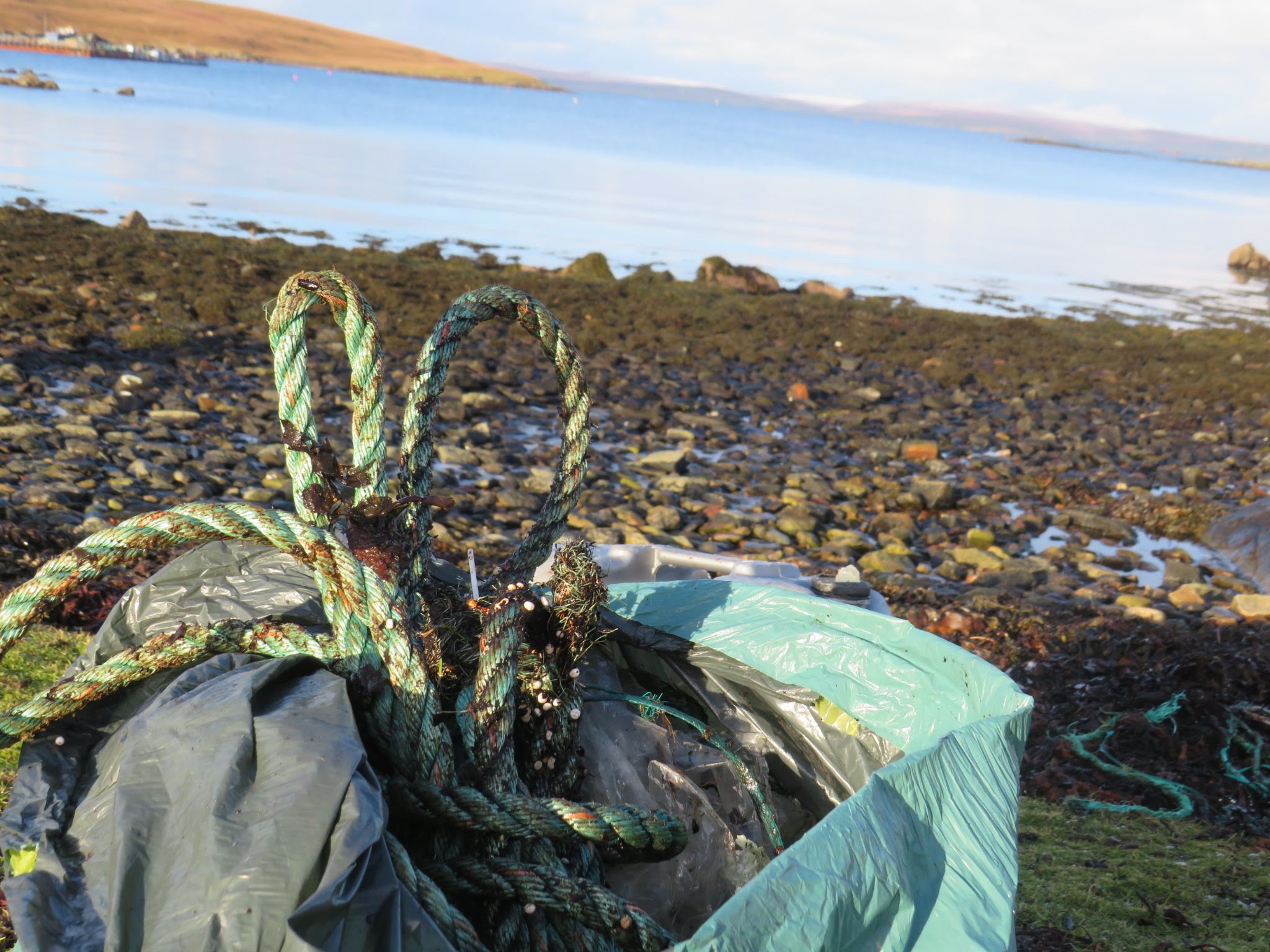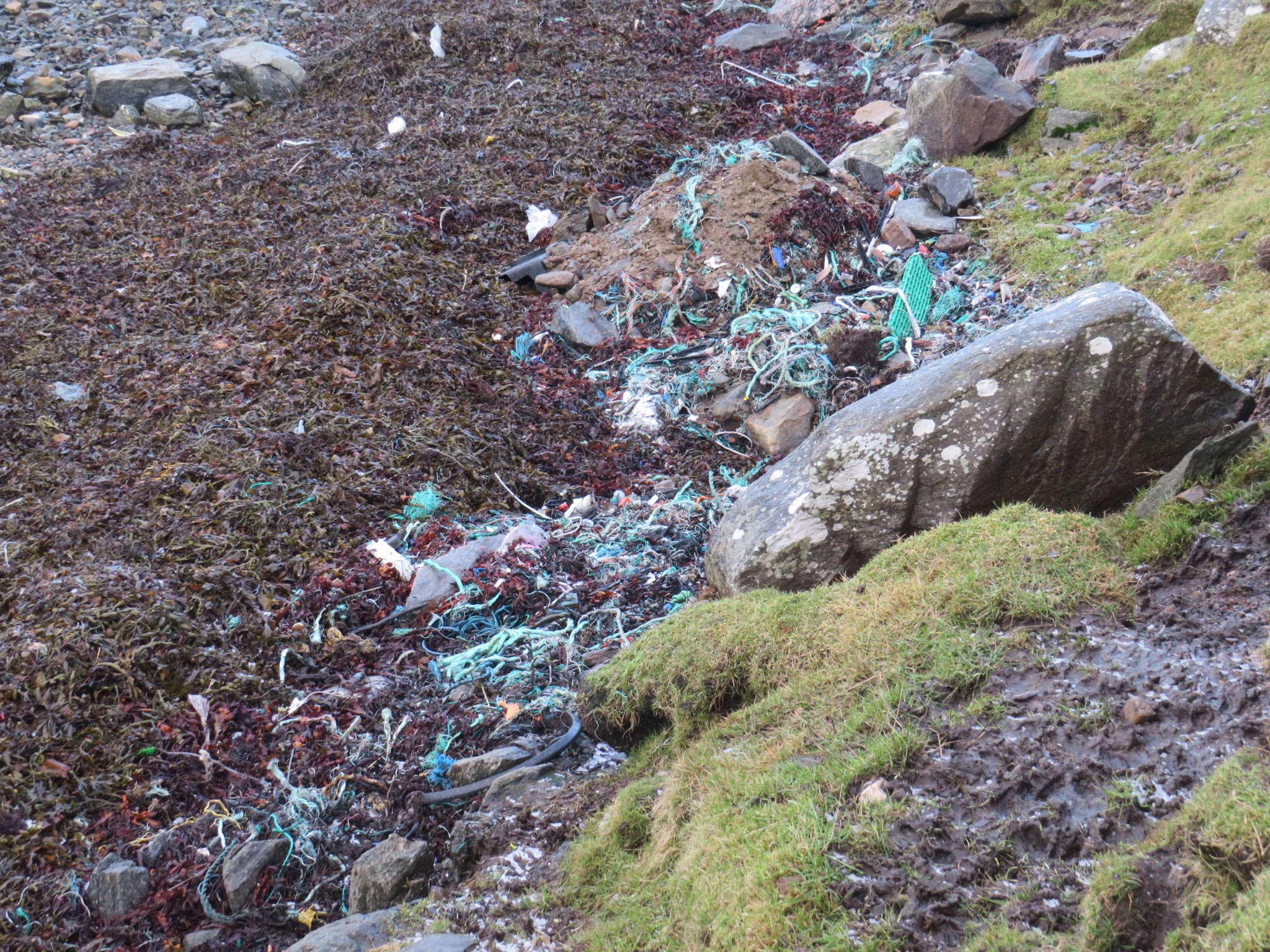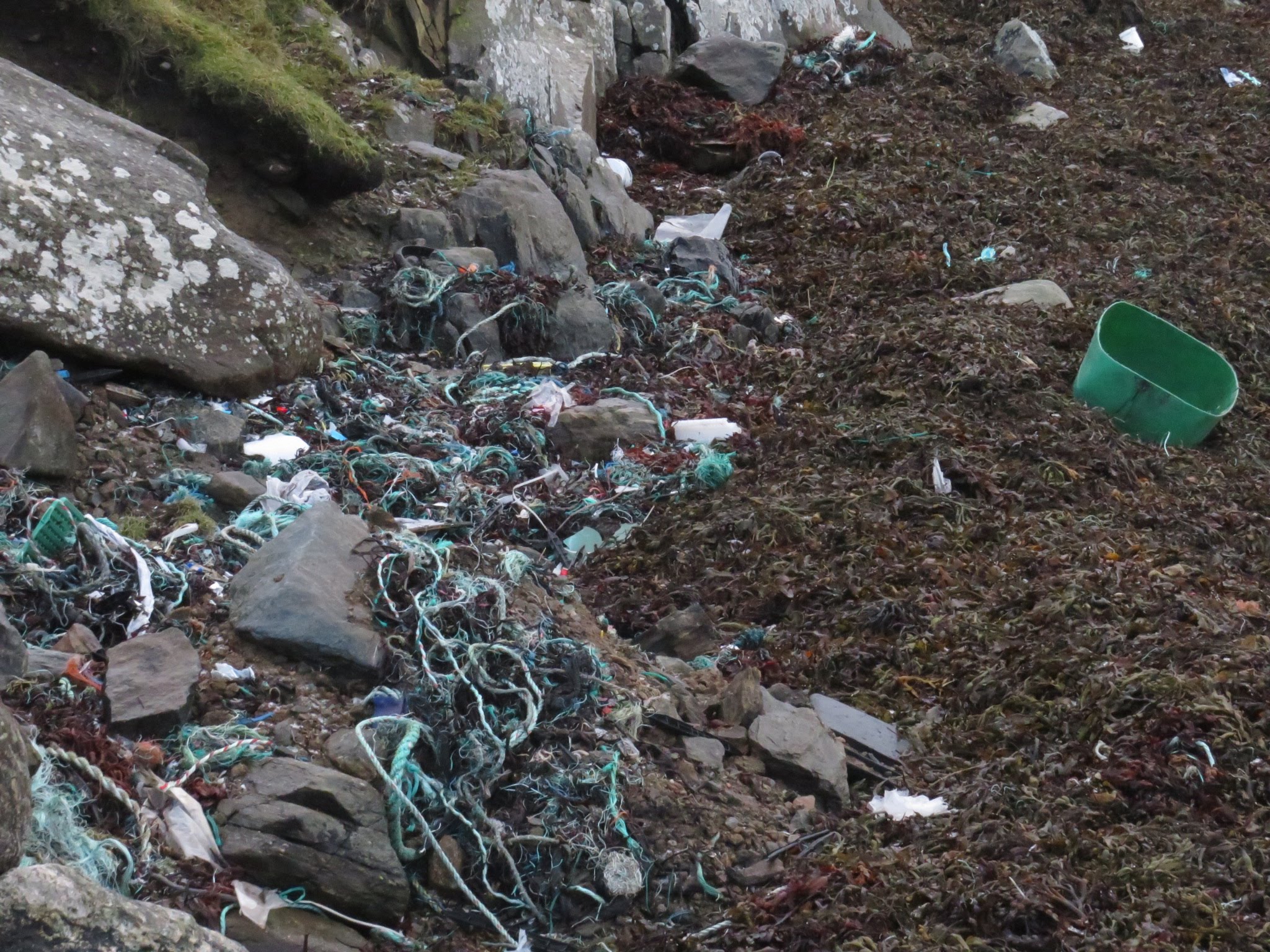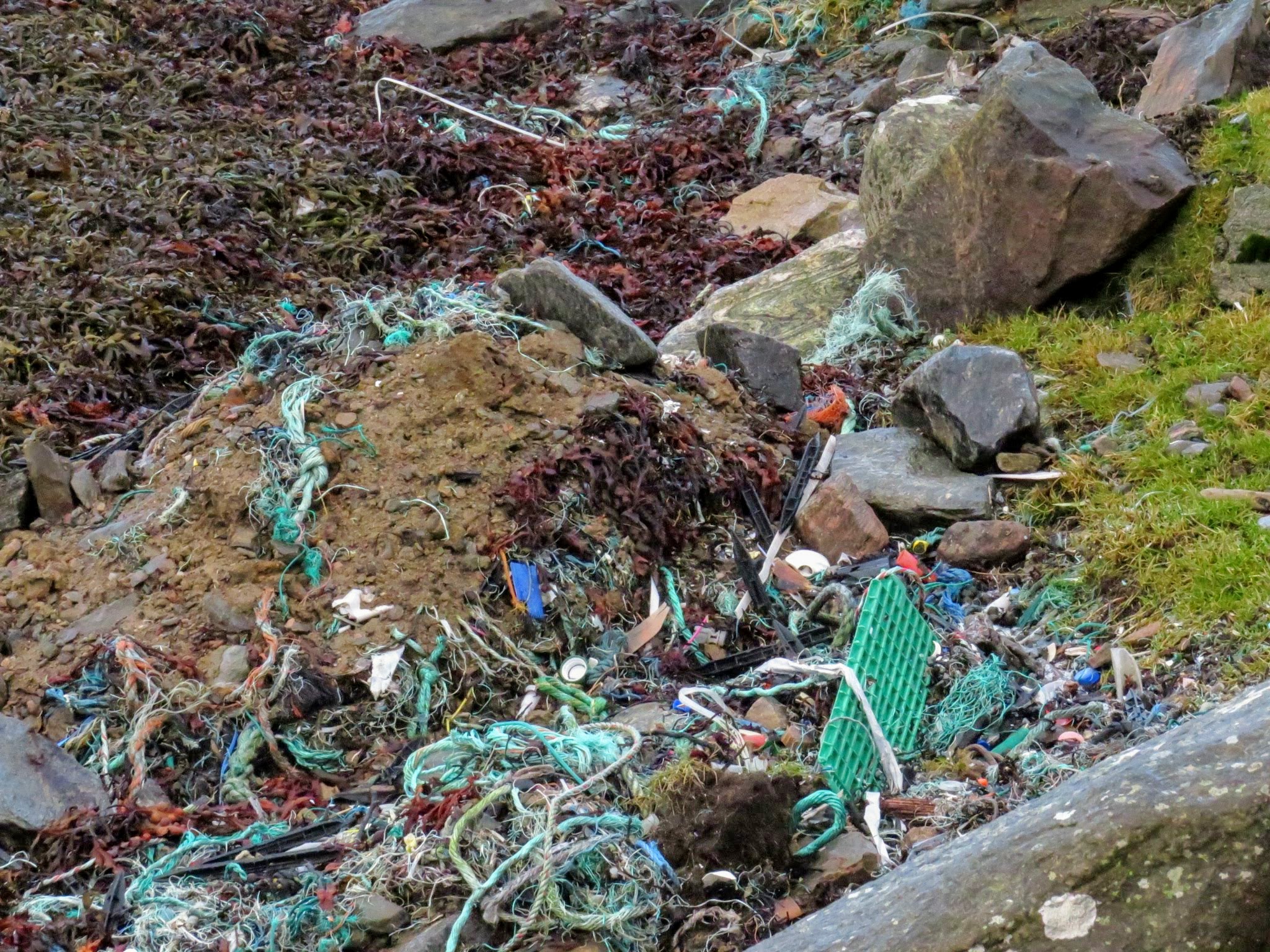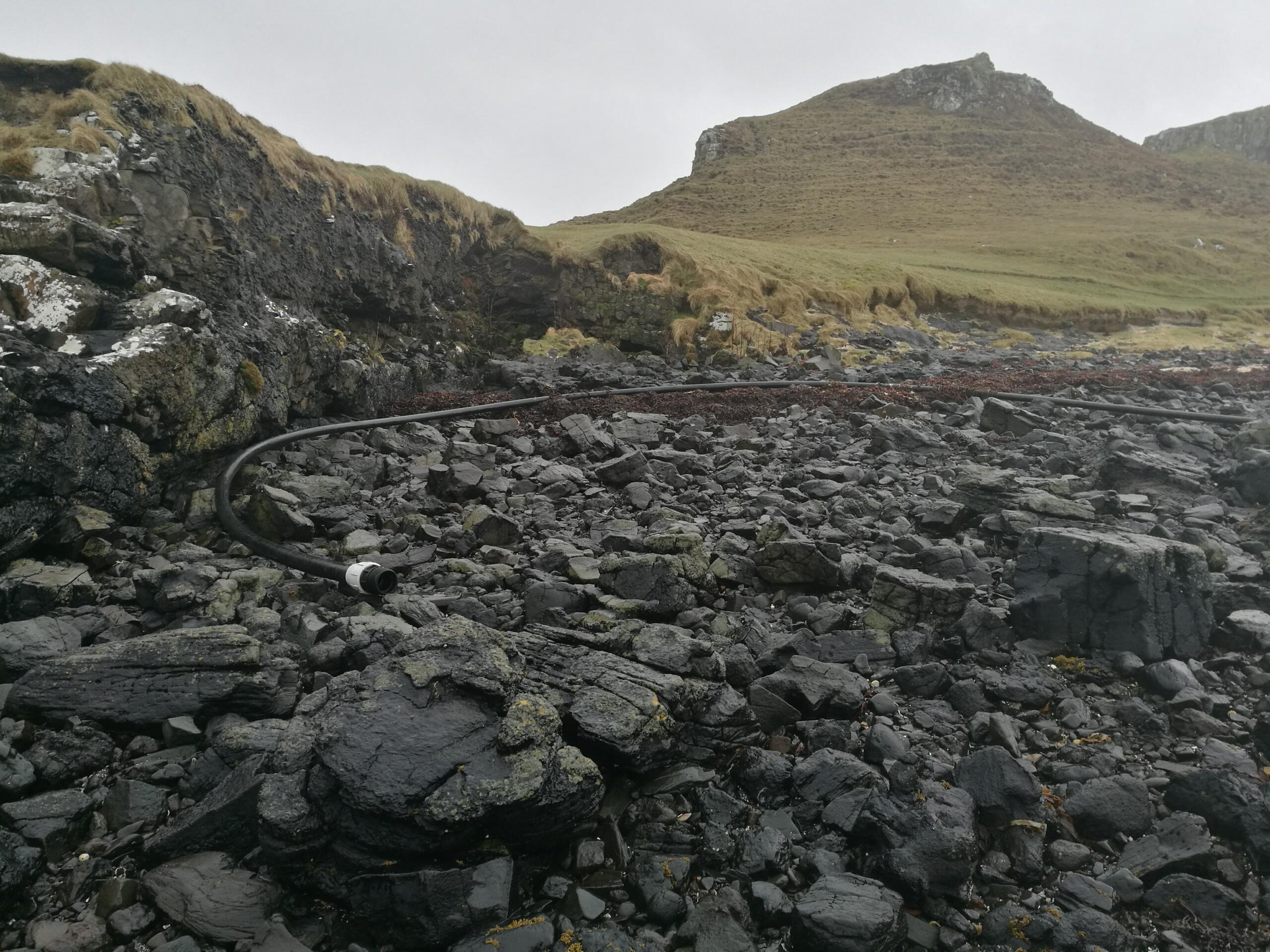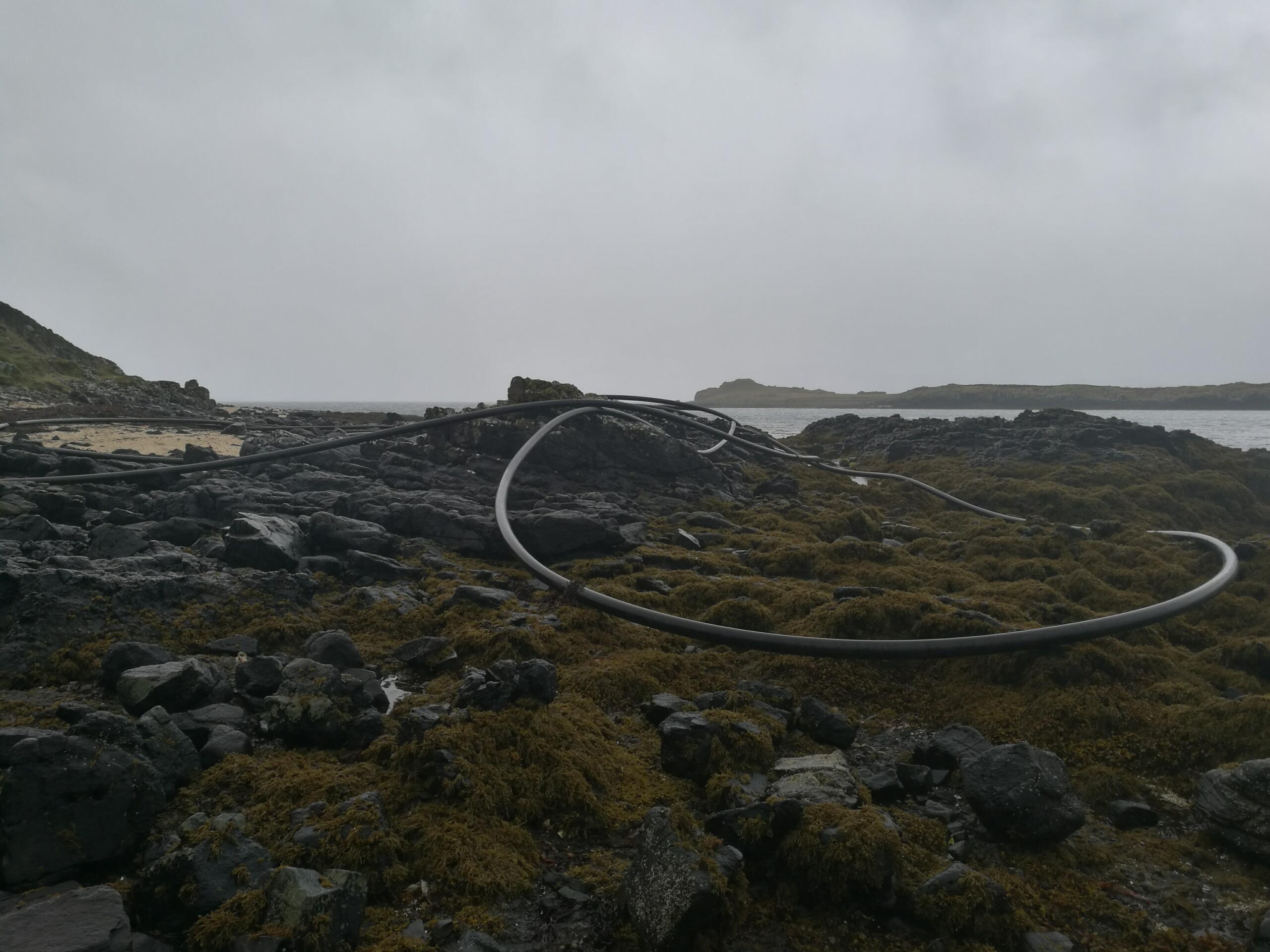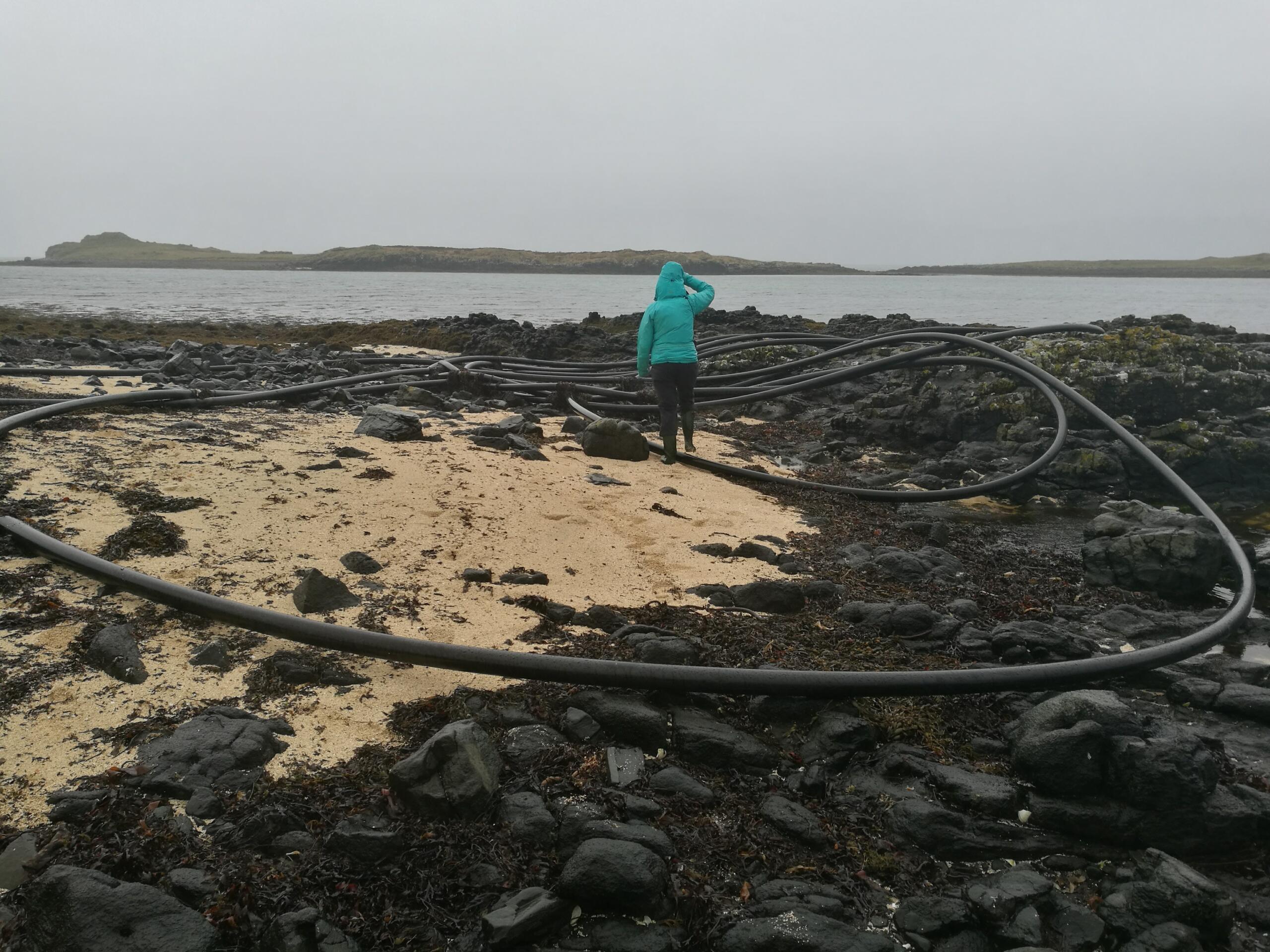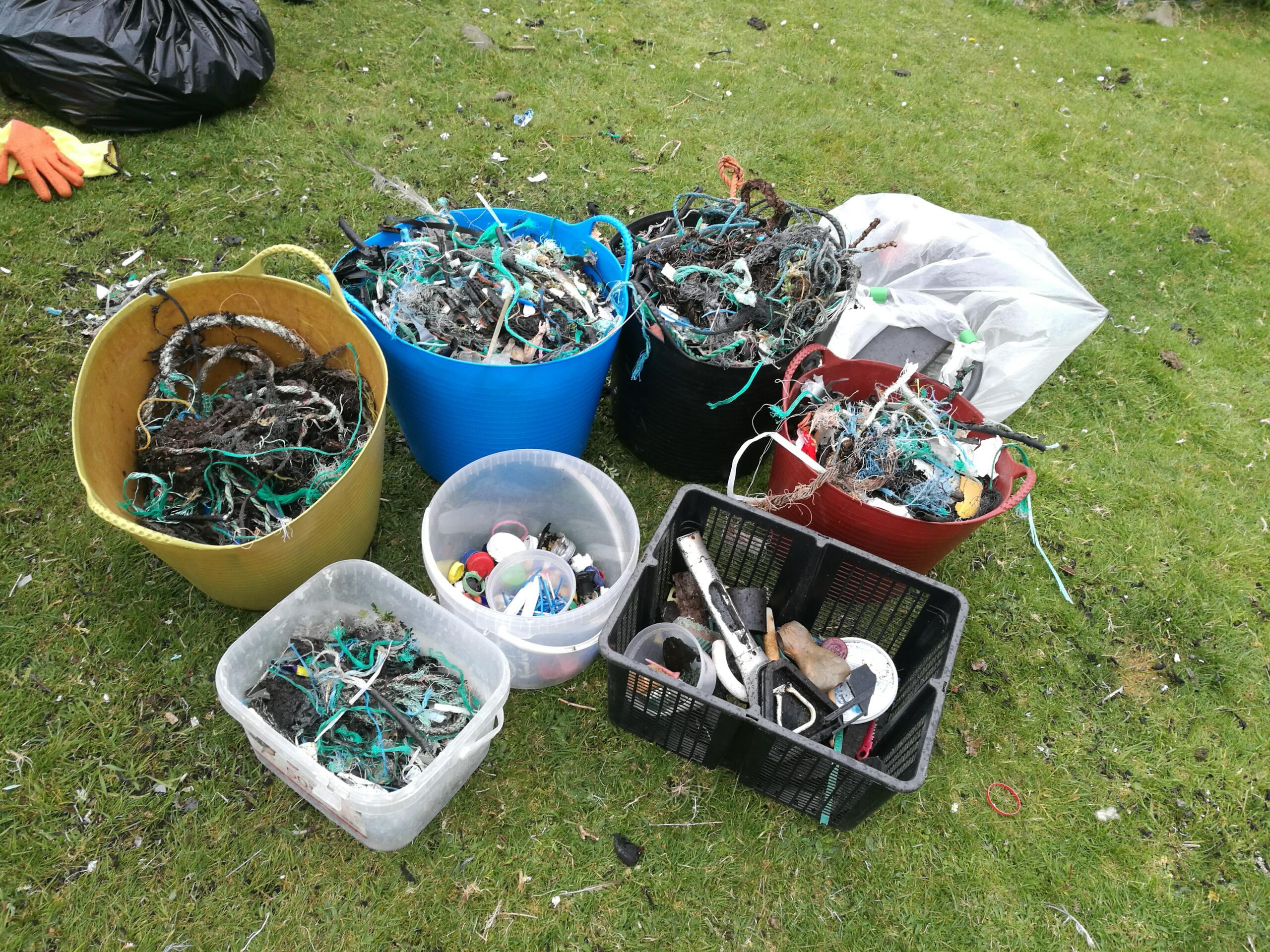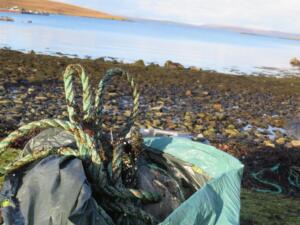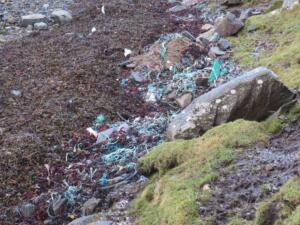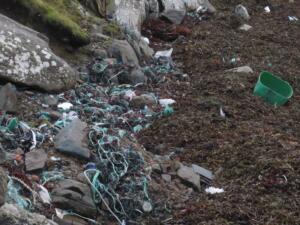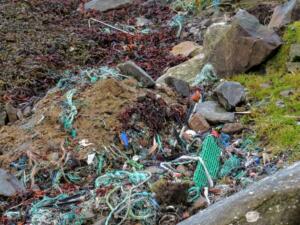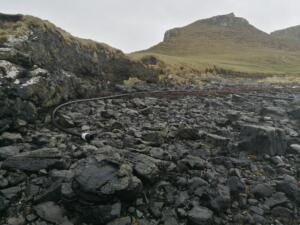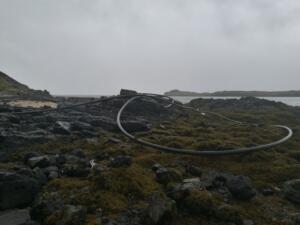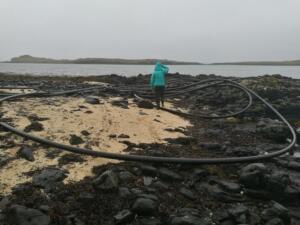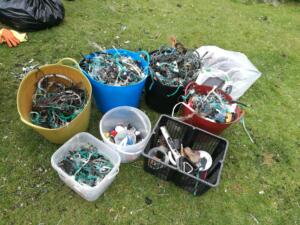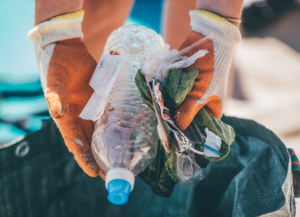
Grants
Tackling environmental threats
Beachwatch Highlands & Islands
£30,000 awarded
Grantee: Marine Conservation Society
Duration: 15 months (December 2023 – March 2025)
£15,000 of this funding is from the Conservation Collective partnership with Depeche Mode & Hublot (see here).
Background
Beaches littered with large quantities of plastic waste are sadly a familiar sight across Scotland. Cleaning up the coastlineis only part of the solution. To reduce pollution in the longer term, there needs to be an understanding of the composition and origin of the litter – so that waste can be tackled at source.
The Marine Conservation Society ‘Beachwatch’ litter survey programme does exactly this. Throughout the UK, thousands of dedicated volunteers survey the volume and characteristics of litter found on beaches, helping to build the body of evidence required to drive policy change.
The Highlands and Islands are home to 61% of the UK’s coastline; marine litter is therefore a significant issue. Island and coastal communities face additional challenges due to their exposure to storms, and are more vulnerable to the social and economic impacts of litter due to their higher dependence on coastal and marine resources.
HIEF funded phase 1 of this project, which significantly increased the number of Beachwatch surveys across the Scottish Islands. Findings revealed that islands receive significantly more – and different types of – litter, compared to the mainland.
This project, led by the Marine Conservation Society, therefore aimed to:
- Maintain the number of beach cleans in the region year on year.
- Deepen and extend collaboration with the Scottish Islands Federation (SIF).
- Lay the groundwork for potential future policy and advocacy work.
- Share the results of Highlands and Islands Beachwatch analysis with MSPs and Scottish Government.
Images from around Skye and the Shetland Isles show the extent of the problem. Photos from Catherine Gemmell – Marine Conservation Society.
The project
In 2024, a remarkable 232 Beachwatch surveys took place across the Highlands and Islands region, involving 1,293 volunteers.
This resulted in the removal of 409,062 plastic items by volunteers. Plastic items dominated the top 10 for both the islands and the mainland and largely consisted of fishing and public litter.
A total of 198,290 pieces of fishing and aquaculture gear were removed. Fishing and aquaculture-related litter made up 32% of all litter recorded on Scottish Islands, compared to only 12% of litter on mainland Scotland.
On the Scottish Islands, there was a 16% increase in the number of surveys submitted compared to 2023. This was facilitated between the ongoing collaboration between SIF and the Marine Conservation Society, helping community groups with training, advertising events, and litter data submission and validation.
Policy and advocacy work
The Marine Conservation Society’s annual ‘State of our Beaches’ report specifically highlighted the high proportion of fishing and aquaculture related data found on Scottish Island beaches. This received significant news coverage: Beachwatch data was mentioned in 417 media outlets across the UK and Channel Islands, including over 60 Scottish media outlets.
Simultaneously, a policy recommendations paper was published, summarising results and outlining steps that policymakers can make. For example, in the context of fishing and aquaculture gear, the report called on governments to:
- Raise awareness of the true impact that marine litter is having on island and coastal communities
- Fund support for further clean-up activity across impacted coastal communities
- Work with key stakeholders to produce a clear plan of action to tackle the issue of fishing and aquaculture litter
- Require all UK ports and harbours to provide free, standardised waste reception facilities with equivalent measures for aquaculture sites and gear
A further ‘Scottish Islands Marine Litter’ parliamentary briefing was prepared to highlight the scale of the problem on islands specifically.
The dedicated policy and advocacy team at the Marine Conservation Society consistently engaged with government and parliamentarians. This included scrutiny of the Circular Economy (Scotland) Bill, which was passed in 2024, requiring ministers to develop a circular economy strategy, set targets, and improve waste management.
Through additional involvement with the Scottish Government’s Marine Litter Strategy Steering Group, the team has also been able to take findings directly to government and inform the creation of evidence-based solutions.
More widely, the collaboration between the Marine Conservation Society and SIF has enabled the project to act as a bridge to regulators and policymakers for island communities. A workshop on ‘how to respond to consultations’ was delivered, empowering volunteers to engage directly with policy.
Impact and legacy
The immediate environmental impact is the reduction in pollution, protecting marine and coastal life from the damaging effects of marine litter. Cleaner coastlines will bring indirect social and economic benefits for coastal communities, including improved wellbeing and increased tourism-related spending.
In the long term, this work will lead to evidence-driven policy reform that will cause a reduction in plastic pollution at source.
The success of this project has led to a follow-on project, ‘Solving Scotland’s Aquaculture and Fishing litter problem; building the evidence base’, which will establish a new data collection process for fishing and aquaculture litter, and continue the policy and advocacy work.

